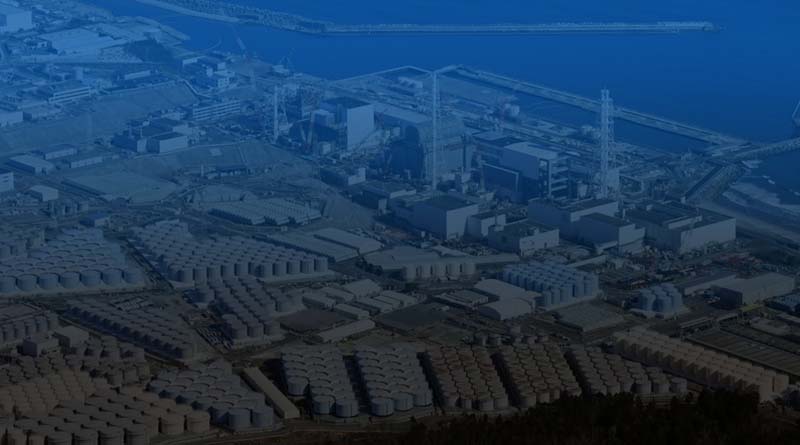
Controversy and Concerns Surround Japan’s Release of Fukushima Radioactive Water
August 24, 2023The recent release of treated radioactive water from the damaged Fukushima nuclear power plant into the Pacific Ocean has ignited a heated global debate. While Japan asserts the water is safe and adheres to international standards, the move has stirred vehement protests and criticism from countries like China, South Korea, and Taiwan, who fear potential environmental and health repercussions. The situation has also led to a public divide, with opinions ranging from support for managing nuclear plant decommissioning to staunch opposition out of concern for marine life, fishing industries, and human well-being.
On Thursday, Japan initiated the release of treated radioactive water from the Fukushima Daiichi nuclear power plant into the Pacific Ocean, marking a pivotal moment in the plant’s prolonged decommissioning process. The decision, approved two years ago by the Japanese government and endorsed by the UN nuclear watchdog, aims to address the dire need for managing the radioactive wastewater that has accumulated over the years. The treated water contains a radioactive isotope known as tritium, with potential traces of other radioactive elements. The release is anticipated to span several decades, as Tokyo Electric Power (TEPCO), the plant operator, navigates the daunting task of deconstructing the reactor and managing its aftermath.
However, the release has sparked intense international backlash, particularly from China, South Korea, and Taiwan. These countries, located in the Pacific’s proximity, have raised concerns about the potential contamination of marine life and ecosystems, as well as the subsequent impacts on their fishing industries. China promptly imposed a blanket ban on all seafood imports from Japan in response to the wastewater release, and South Korea arrested protesters attempting to storm the Japanese embassy in Seoul. Taiwan, too, urged Japan to reconsider its decision, citing marine ecological concerns.
The global response to Japan’s decision is not limited to governmental actions alone. Public opinion within Japan and affected countries is sharply divided. Advocates for the release argue that it is a necessary step in managing the vast amount of wastewater accumulated over the years. They perceive the decision as a responsible approach to the decommissioning process and acknowledge the challenge of balancing environmental protection with the need for resolution.
Conversely, many individuals and groups vehemently oppose the release, branding it as an imprudent and irresponsible move that could endanger marine ecosystems and human health. Concerns range from genetic mutations and cancer to potential contamination of the food chain. This apprehension has been compounded by Japan’s history of the 2011 Fukushima disaster, which highlighted the far-reaching implications of nuclear accidents.
Central to this debate is the question of the treated water’s safety and its potential impact on the environment and human health. Proponents of the release argue that the tritium levels in the treated water are well below internationally accepted limits. They contend that the dilution of the wastewater in the vastness of the ocean would mitigate any adverse effects. In contrast, opponents fear that the accumulation of low-dose radioactivity in the food chain could have long-term repercussions, leading to genetic mutations and health issues.
The situation highlights the complexity of managing radioactive waste and navigating its impact on global ecosystems and public health. It underscores the challenges that come with nuclear energy and the urgent need for transparency, scientific communication, and international collaboration in addressing such issues.
As the release continues and the debate rages on, the international community, including environmental agencies and nuclear experts, remains vigilant. The release’s long-term effects and the accuracy of assessments will undoubtedly shape the discourse on nuclear waste management and the ethical responsibilities tied to it. In an age of heightened environmental awareness and cross-border concerns, Japan’s actions and the global response to them hold implications that extend far beyond national borders.
[94 total views]

